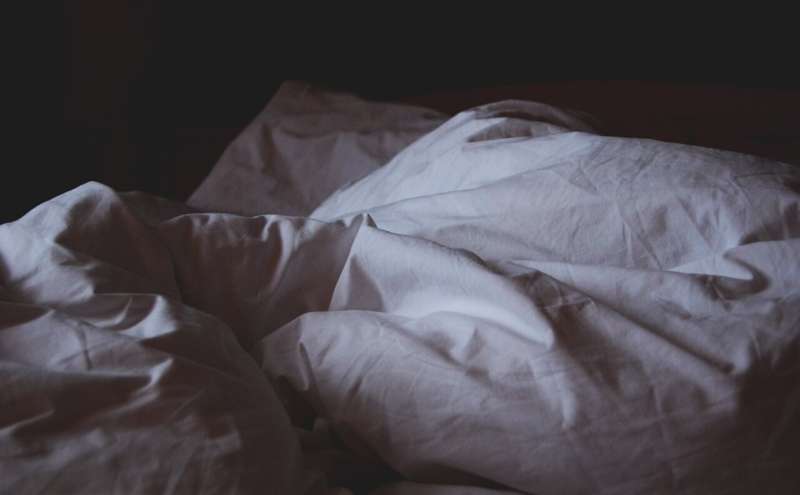This article has been reviewed according to Science X's editorial process and policies. Editors have highlighted the following attributes while ensuring the content's credibility:
fact-checked
trusted source
proofread
Study finds discrimination over time leads to poor sleep

Discrimination is known to impact physical and mental health, but a new study led by a Virginia Commonwealth University researcher links discrimination to negatively impacting sleep as well.
Sleep is a pillar of well-being, and according to the Centers for Disease Control and Prevention, not having enough sleep is linked to health conditions such as heart disease, type 2 diabetes and obesity. The new paper, "A Longitudinal Examination of Psychosocial Mechanisms Linking Discrimination with Objective and Subjective Sleep," was published this month in Sleep Health.
Until now, there has been limited research on how discrimination over time impacts sleep. This study used a longitudinal mediational analysis to examine the association between discrimination and sleep over time. It looked at the difference between sleep quality on a long-term time frame—10 years—and daily discrimination.
The study showed that experiences of discrimination can lead to a broad array of sleep problems, including taking longer to fall asleep, spending more time awake at night, and worse overall sleep quality. Discrimination, and anticipation of it, can contribute to social distrust and anxiety, which can cause shorter sleep duration and increased sleep complaints.
"When we feel socially disconnected and anxious, it is much harder to physically and cognitively relax and get the deep, restorative sleep we need to function," said Natalie D. Dautovich, Ph.D., an associate professor in the Department of Psychology of VCU's College of Humanities and Sciences who was lead researcher on the study.
Chronic discrimination also leads to loneliness and a lack of trust in a person's community. Such trust is necessary for healthy sleep, so a lack of social well-being leads to trouble sleeping.
"Discrimination can undermine feelings of social connectedness and increase anxiety," said Dautovich, an environmental fellow at the National Sleep Foundation. "To sleep well, and deeply, we have to feel safe and secure. Experiencing discrimination can disrupt the bedrock of security needed to obtain healthy sleep."
More information: Natalie D. Dautovich et al, A longitudinal examination of psychosocial mechanisms linking discrimination with objective and subjective sleep, Sleep Health (2023). DOI: 10.1016/j.sleh.2023.06.007
















